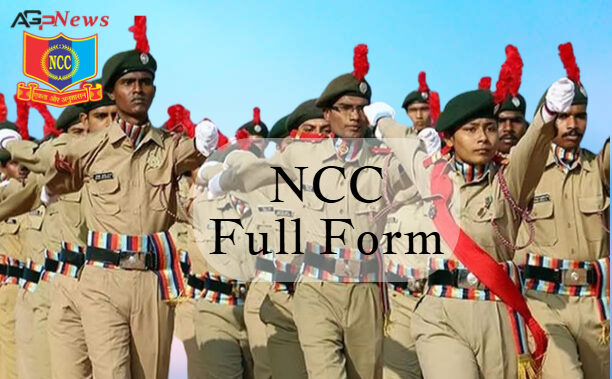NCC Full Form: What is NCC?
Introduction: NCC Full Form
NCC Full Form: The National Cadet Corps (NCC) is a prominent youth organization in India, established in 1948 under the Ministry of Defense with the vision of nurturing patriotism and instilling discipline among Indian citizens aged 12 to 18. With a staggering membership of over 16 million, the NCC stands as the largest youth organization in the nation.
Historical Background: NCC Full Form
Field Marshal K.M. Cariappa, India’s first Army Chief, played a pivotal role in the establishment of the Indian National Cadet Corps. Initially conceptualized to provide military training to youth, especially students, the NCC was envisioned as a platform for fostering sportsmanship, patriotism, and leadership qualities. NCC Full Form
Objectives of the NCC:
The NCC operates through two key segments: NCC Full Form
- A) Outdoor Activity Section: This segment encompasses various activities such as sports, civil defense, patriotic initiatives, military history, and adventurous pursuits like camping and hiking.
- B) Core Activity Section: Including cultural and fitness endeavors like NCC dance, drill, and weapon skills, this section aims to develop well-rounded individuals capable of contributing positively to society.
Contributions to National Development:
Amidst challenges of illiteracy, poverty, and social issues, the NCC has emerged as a beacon of hope for Indian youth. By providing opportunities for skill development and fostering a sense of responsibility towards the community and nation, the NCC has empowered millions of youngsters to realize their potential and contribute meaningfully to India’s progress. NCC Full Form
Emphasis on Values: NCC Full Form
The NCC places significant emphasis on values such as service, duty, and discipline. Through its recruitment process and training activities, the organization instills in its members a sense of duty towards the nation and a commitment to upholding high standards of discipline and professionalism.
Conclusion:
The National Cadet Corps (NCC Full Form) stands as a testament to the power of youth engagement and national service. With its rich history and invaluable contributions to the development of Indian youth, the NCC continues to play a vital role in shaping the future leaders of the nation. Through programs like the National Service Scheme (NSS) and the Citizen Corps Program (CCP), the NCC endeavors to equip young people with skills and values essential for their holistic growth and active participation in the socio-economic and political spheres of the country.
FAQs about NCC Full Form
What is the National Cadet Corps (NCC)?
The National Cadet Corps (NCC) is a prominent youth organization in India, established in 1948 under the Ministry of Defense. It aims to nurture patriotism and discipline among Indian citizens aged 12 to 18.
What are the objectives of the NCC?
The NCC operates through two key segments: the Outdoor Activity Section and the Core Activity Section. These segments focus on activities such as sports, civil defense, patriotic initiatives, cultural endeavors, and fitness activities to develop well-rounded individuals.
How has the NCC contributed to national development?
Despite challenges like illiteracy and poverty, the NCC has empowered Indian youth by providing skill development opportunities and fostering a sense of responsibility towards the community and nation, thus contributing significantly to India’s progress.
What values does the NCC emphasize?
The NCC places significant emphasis on values such as service, duty, and discipline. Through its recruitment process and training activities, it instills in its members a sense of duty towards the nation and upholds high standards of discipline and professionalism.
What programs does the NCC offer for youth engagement?
The NCC offers programs like the National Service Scheme (NSS) and the Citizen Corps Program (CCP) to equip young people with essential skills and values for their holistic growth and active participation in various socio-economic and political aspects of the country.




